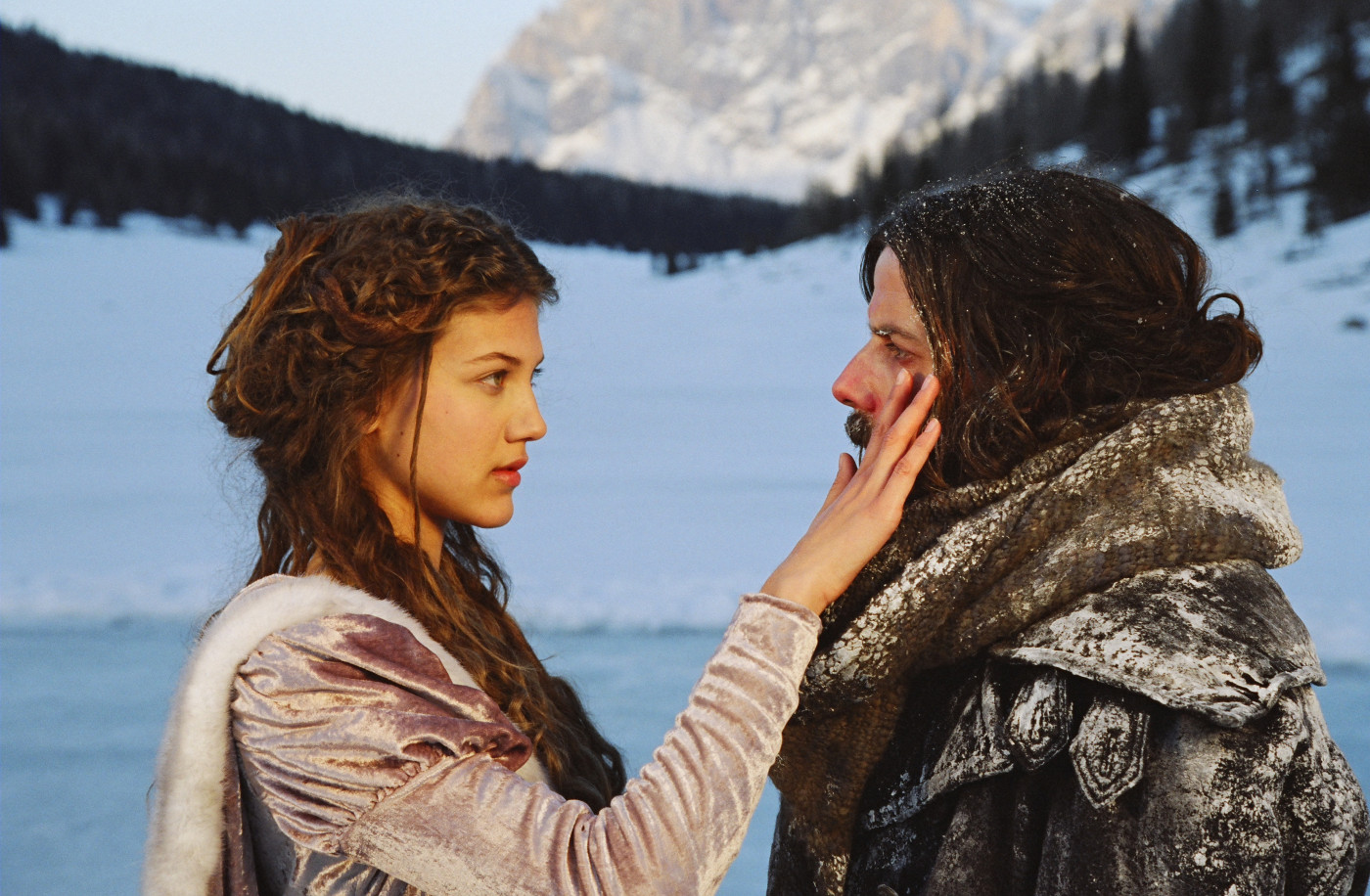
Of all the lectures given by popular professor Killroy, the students were most interested in Lesson 21, where the eccentric historian and musicologist discussed the origins of Beethoven’s Symphony No. 9 and questioned its legitimacy as a masterpiece. "The Ode to Joy always suited every regime,” he would point out. "The Nazis played it, and it was also performed when the Berlin Wall came down.” This controversial film is the directorial debut of well-known writer and dramatist Alessandro Baricco.


University professor Mondrian Killroy is adored by his students; his most popular lecture is the one known as Lecture 21, in which he discusses the genesis of Beethoven’s Symphony No. 9. However, professor Killroy has disappeared and only Marta knows where to find him. She wants another chance to hear him give his eccentric lecture, Lecture 21, where he questions the importance of the aging composer’s late work. As conceived in Marta’s mind, a dream-like story unfolds about the young violinist Hans Peters, whose frozen body was found not far from Vienna in 1824, the year Beethoven’s Ninth was performed for the first time. This young man, who died gripping the neck of his violin so tightly that he had to be buried with it, is portrayed in the film as a passionate defender of his Master’s music. On the snowy plains, where he later meets the Angel of Death, Hans passes a series of bizarre characters representing period thought and opinions, and also the musicians with whom he was rehearsing Symphony No. 9. The film, the directorial debut of writer and essayist Alessandro Baricco, features performances from a string of remarkable actors.
104 min / Color, 35 mm
Director Alessandro Baricco
/ Screenplay Alessandro Baricco
/ Dir. of Photography Gherardo Gossi
/ Music Mario Brunello
/ Editor Giogiò Franchini
/ Producer Domenico Procacci
/ Production Fandango
/ Cast Noah Taylor, Clive Russell, Leonor Watling, John Hurt, Tim Barlow, Natalia Tena
/ Contact Fandango Portobello Sales

Alessandro Baricco (b. 1958, Turin) studied philosophy and the piano, and both these obsessions are projected into his work. He wrote a study about Rossini and, in 1991, he published the novel Lands of Glass (Castelli di rabbia), which won the Prix Médicis. In 1994 he published the theatrical monologue Novecento, which was used as the base for the film The Legend of 1900 (La leggenda del pianista sull’oceano, dir. Giuseppe Tornatore). His articles and studies appear in newspapers and magazines, and he often is invited to take part in arts programmes on television. Lecture 21 is his debut as a film director.
Fandango Portobello Sales
12 Addison Ave, W11 4QR, London
United Kingdom
Phone: +44 207 605 1396
Fax: +44 207 605 1391
E-mail: [email protected]
First-hand brews throughout the year.
Be among the first to learn about upcoming events and other news. We only send the newsletter when we have something to say.